News for Researchers
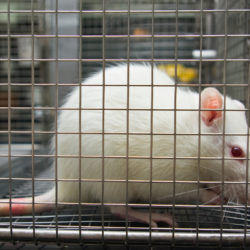
Scientists Make Spinal Cord Injury Breakthrough With iPSCs in Rat Study (IB Times)
(San Diego, CA) Human IPS cells from an 86-year-old human male used to treat spinal cord injuries in rats.
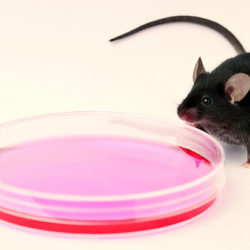
Genetically Pliable Stem Cells Could Become the ‘New Lab Mouse’ (MSKCC)
(New York, NY) Memorial Sloan-Kettering researchers develop a new technique to study complex genetic conditions including cancers using human pluripotent stem cells.
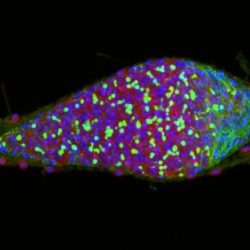
Team Reveals Molecular Competition Drives Adult Stem Cells to Specialize (Phys)
(Kansas City, MO) Adult organisms harbor adult stem cells some of which renew and others which differentiate differentiate.
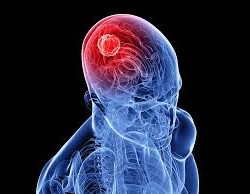
Researchers Seek ‘Safety Lock’ Against Tumor Growth After Stem Cell Transplantation (Medical XPress)
(Yokohama, Japan) Induced pluripotent stem cells promoting functional recovery after spinal cord injury in rodents.
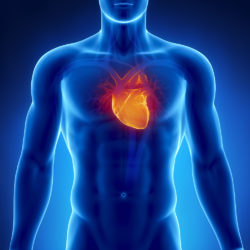
Cytori Halts Stem Cell Study Due to Adverse Events (Business Week)
(San Diego, CA) Cytori therapeutics halted trials of stem cell therapy for heart failure after 3 patients developed blood flow problems.
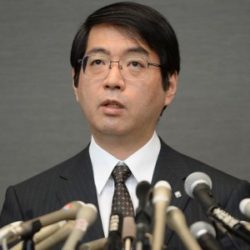
Japanese Stem-Cell Scientist Yoshiki Sasai Commits Suicide (WSJ)
(Tokyo, Japan) Japanese stem cell scientist commits suicide after presenting a flawed stem cell study resulting in retraction of his publications.
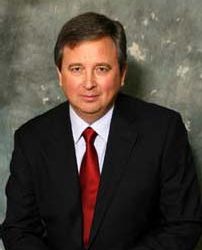
International Stem Cell Corp Launches Stroke Program With Tulane (CNN)
(Carlsbad, CA) International Stem Cell Corporation launched a new stroke program in collaboration with Tulane University to examine neural stem cell transplantation in a preclinical rodent model.
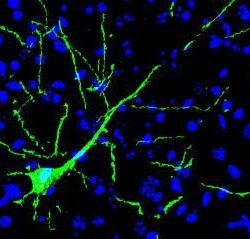
Implanted Induced Neuron Stem Cells (iNSC) Become Part of the Brain (WWWEN)
(Luxemberg City, Luxemberg) Scientists have grafted neurons reprogrammed from skin cells into the brains of mice and have demonstrated long-term stability.
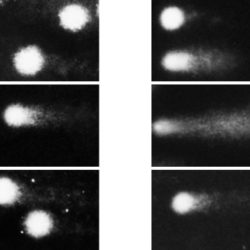
Quiescent HSCs Shown to Accumulate DNA Damage
(Boston, Mass.) – Researchers led by Isabel Beerman of the Departmentof Stem Cell and Regenerative Biology at Harvard have demonstrated that quiescent hematopoietic stem cells accumulate DNA damage over time. This contradicts previously held assumptions that some blood stem cells in the bone marrow stay quiescent (i.e. do not divide) for long periods of time in order to avoid DNA damage.
